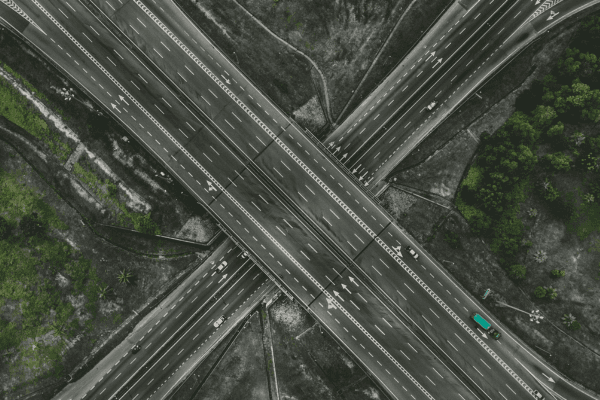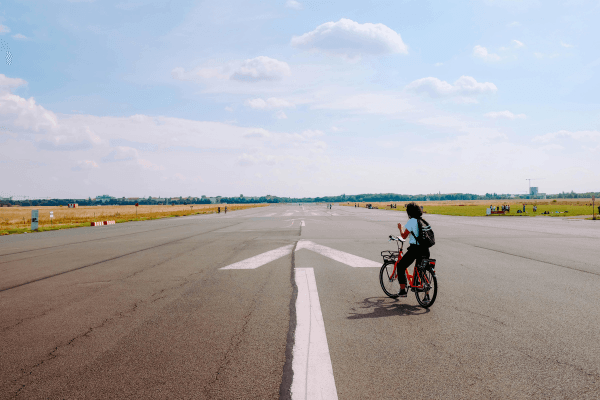Earth4All has been embarking on National Engagement Strategies to champion and establish locally relevant policies aligned with our core messages. On 14 October 2024, Earth for All Deutschland was published, detailing how the five turnarounds can be applied to Germany. In this blog, Earth for All co-author Jayati Ghosh sets out how Germany and other European countries can accelerate action on global poverty.
The likelihood of achieving the first of Earth4All’s five extraordinary turnarounds—eliminating poverty—has been shrinking in the past few years, mostly because of developments in the global economy. These have reduced fiscal space of governments in low and middle income countries, making it harder for them to address poverty reduction. Countries experiencing sovereign debt stress have to make debt service payments that exceed public spending on social protection or health or education, and or even all such spending combined. Other governments restrain their spending to avoid larger fiscal deficits, fearing that this would reduce their standing in financial markets.
All low and middle income countries are affected by macroeconomic policies of the advanced economies. Higher interest rates and tighter monetary policy in the rich countries have caused finance to flow back there, leading to capital outflows from emerging and frontier markets. The latter now face much higher borrowing costs, with increasing spreads above the US Fed rate, despite their greater fiscal restraint and lower public debt to GDP ratios.
Pervasive illicit financial flows continue to restrict government’s capacities to raise revenues from progressive taxation. Official Development Assistance flows of donor countries have dwindled, and are increasingly diverted to war efforts of allied states or funding of refugees within their own countries.
Volatile and rising global prices of essentials like food and fuel make things worse, because lower income countries experience even higher prices domestically as a result of exchange rate devaluations. Climate change is already generating extreme heat stress among human, animal and plant life, affecting food production and rendering many areas unliveable, causing displacement.
As a result, poverty is increasing rather than reducing. Along with increasing inequalities, this creates extreme social and political tensions and instability. Governments in Europe and North America must be actively involved in changing the global architecture to enable successful poverty reduction strategies. Increasing fiscal space is an absolutely essential part of this. Germany can play an important role, given its position in Europe and its voice in the international financial institutions. Two areas for urgent intervention: reforming the global taxation system; and a new approach to the International Monetary Fund (IMF)’s Special Drawing Rights (SDRs).
The global taxation system requires reform. First, multinational enterprises should be seen as unitary companies, with taxing rights apportioned across the countries they operate in according to “economic presence”. Along with this, a minimum global tax rate should be closer to the median corporate tax rate across all countries, of 25%, rather than the 15% currently proposed by the OECD. A tax on income from extreme wealth, at a relatively low global minimum rate of 2%, would also provide significant resources for governments. This would require registers listing the beneficial owners of all wealth to be drawn up nationally and shared across jurisdictions. Germany and Europe can play a major role in supporting this at the United Nations, at ongoing negotiations for a Global Tax Convention.
The IMF should recover its originally proposed role of providing a global financial safety net. The regular issuance of new SDRs distributed not by quota but according to needs, would be a big improvement. This is completely costless for any country that does not choose to use the SDRs received. SDRs could be issued annually, along with the increase in global GDP, but they should not be distributed according to quotas in the IMF. Instead, they could be used to meet the needs of global public investment, such as to alleviate climate change; and provided to countries facing external shocks not of their own making, like climate shocks, terms of trade shocks, or interest rate shocks. Germany can persuade other European countries to support this, which (along with votes from other low and middle income countries) would be enough to enable the IMF to do this.
Read the executive summary of Earth for All Germany and find links to purchase the book here.



